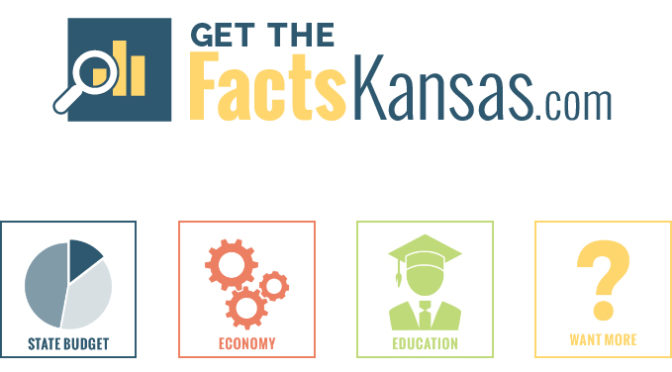Tag: Kansas Chamber of Commerce
-

From Pachyderm: Alan Cobb, Kansas Chamber of Commerce
From the Wichita Pachyderm Club: Alan Cobb, President and Chief Executive officer, Kansas Chamber of Commerce.
-

Kansas candidate briefings
Recently Kansas Policy Institute, along with Americans for Prosperity and Kansas Chamber of Commerce, held a series of briefings for candidates for the Kansas Legislature.
-

Reestablishing a Fundamental Principle of Democracy
The endless litigation over school funding places the state at risk of being able to a balance of a competitive tax climate and providing for the essential services required outside of the K-12 education system, writes Alan Cobb of the Kansas Chamber of Commerce.
-

Year in Review: 2016
Here are highlights from Voice for Liberty for 2016. Was it a good year for the principles of individual liberty, limited government, economic freedom, and free markets in Wichita and Kansas?
-

GetTheFactsKansas launched
From Kansas Policy Institute and the Kansas Chamber of Commerce, a new website with facts about the Kansas budget, economy, and schools.
-

Mike O’Neal, President of Kansas Chamber of Commerce
Mike O’Neal, President of Kansas Chamber of Commerce, spoke at the Wichita Pachyderm Club on October 9, 2015. His topic was “The Kansas Budget and Taxes: The 2015 Legislative Session and Looking Ahead to the 2016 Legislative Session.” This is an audio presentation.
-

Kansas news media should report, not spin
Dave Trabert of Kansas Policy Institute explains that influence may be shifting from media, unions, the education establishment, cities, counties, and school boards to those with different views — those of limited government and economic freedom that empower citizens, not an expansive government and its beneficiaries.
-
Voice for Liberty Radio: Mike O’Neal, Kansas Chamber of Commerce
In this episode of WichitaLiberty Podcasts: Mike O’Neal, who is president and CEO of the Kansas Chamber of Commerce, spoke yesterday to the Wichita Pachyderm Club. A large part of his talk was on the topic of Kansas school finance and other education topics. This podcast contains that portion of his speech.
-
Capitalism and business: The same thing?
Is “capitalism” and “business” the same thing? Most people would probably answer yes, but that’s a mistake.
-
Chambers to host Congressional Summit
An event in Wichita will feature all members of the Kansas Congressional delegation.
-
Money flows to Kansas elections
The issue of third-party money involvement in Kansas elections has been a concern to many. Kansas Watchdog reports and draws the map.
-
Kansas senators seen as unfriendly to business
The Kansas Chamber of Commerce PAC is supporting challengers to Kansas senators who have voting records contrary to economic freedom and free enterprise.